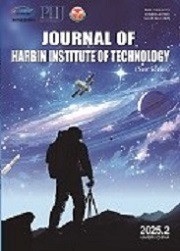|
| Abstract: |
| In the dynamic landscape of software technologies, the demand for sophisticated applications across diverse industries is ever-increasing. However, predicting software defects remains a crucial challenge for ensuring the resilience and dependability of software systems. This study presents a novel software defect prediction technique that significantly enhances performance through a hybrid machine learning approach. The innovative methodology integrates a Genetic Algorithm (GA) for precise feature selection, a Decision Tree (DT) for robust classification, and leverages the capabilities of Particle Swarm Optimization (PSO) and Ant Colony Optimization (ACO) algorithms for precision-driven optimization. The utilization of datasets from varied sources enriches the predictive prowess of our model. Of particular significance in our pursuit is the unwavering focus on enhancing the prediction process through a highly refined PSO-ACO algorithm, thereby optimizing the efficiency and effectiveness of the GA-DT hybrid model. The thorough evaluation of our proposed approach unfolds across seven software projects, unveiling a paradigm shift in performance metrics. Results unequivocally demonstrate that the GA-DT with PSO-ACO algorithm surpasses its counterparts, showcasing unparalleled accuracy and reliability. Furthermore, our hybrid approach demonstrates outstanding performance in terms of F-measure, with an impressive increase rate of 78%. |
| Key words: software quality particle swarm optimization ant colony optimization |
| DOI:10.11916/j.issn.1005-9113.2024016 |
| Clc Number:TP181 |
| Fund: |





